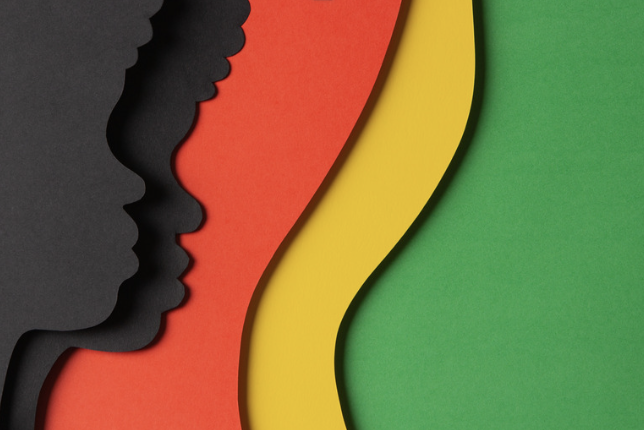This year for Black History Month the theme is ‘Saluting Our Sisters’ — a theme which we at ScreenMe could not love more!
Black History Month is such an important time of the year to really recognise and celebrate the many different ways in which black people have contributed, and continue to contribute to British society.
The focus on black women this year is truly special and has meant that their work across every layer of society, from academia, to music, to sports, and so much more, has been highlighted.
Of course, at ScreenMe our focus is on intimate, sexual & reproductive health, so we are highlighting the key role of black women past and present in progressing these fields in particular, in our own contribution towards the ‘Saluting our Sisters’ theme.
However first when discussing the role of black women in relation to vaginal health, we must acknowledge and recognise the 12 black slave women upon whom Dr. James Marion Sims cruelly exploited through surgical experimentation without any anaesthetic, in his pursuit of developing his own vaginal health knowledge. We know the names of 3 of these women — Anarcha Westcott, Betsey, and Lucy. Such treatment is unimaginable and truly horrendous, so we first wish to dedicate this post to these women in particular.
Dr Lena Frances Edwards, MD
- Who was one of the first black women to be board certified in obstetrics and gynaecology.
- Her life’s work helping those in need resulted in her earning the Presidential Medal of Freedom in 1964 — this being the highest peacetime honour one could receive.
Dr Ruth Marguerite Easterling, MD
- Who developed the Hinton test for syphilis. This replaced the Wasserman test, and was the most accurate blood test for syphilis.
- Dr. Easterling also was the director of laboratories at the Cambridge Massachusetts City Hospital.
Dr. Janet L. Mitchell, MD
- Who dedicated her career’s work to serving the most disenfranchised in the field of obstetrics and gynaecology.
- Dr Janet was the Chief of Perinatology in the Department of Obstetrics and Gynaecology at the Harlem Hospital Centre — during which she ran New York’s largest prenatal program for pregnant, drug-addicted women.
- She also successfully lobbied the US government to include black women within testing for AIDS drugs during pregnancy.
Dr Deirdre Cooper Owens
- Dr Owens currently is one of the only two black women in the US running a medical humanities teaching.
- Her work is fascinating and focuses on the African American experience and its role in the history of gynaecology. She explores how this history relied on black women’s bodies, including through un-consenting enslaved bodies.
- We would highly recommend reading her book: ‘Medical Bondage: Race, Gender, and the Origins of American Gynaecology’ or have a look at her website here, if you wish to explore this further
There is still much more work to be done, particularly in interrogating the differences of vaginal microbiomes between different races and ethnicities. For example, black women are twice as likely to be diagnosed with bacterial vaginosis (BV) and twice as likely to experience preterm birth.
We need to explore why this is the case, as well as what we can do to help people that differ from the assumed ‘white, male’ body that research and health care focus on. Even the little research that has been done on exploring differences has shown large variations — such as a 2022 study which; through exploration of vaginal microbiomes between African, Asian and European ancestries; found 3 new subtypes of Community State Type 4, and 4 additional Community State Types. Such findings clearly demonstrate that there is still so much more work to be done in this field.
Expanding beyond the ‘white, male’ assumed body is truly important as an underlying theme across healthcare in general, but in particular relates to intimate health, which has historically been understudied and shrouded in taboo. We need to explore the differences of other bodies, so that we can give EVERYONE the care that is right for them. There is no ‘one size fits all’ solution, and so improving our understanding of difference is so crucial for progress and equity.
There are so many other incredible black women who deserve a mention, so we would love to hear your own stories this Black History Month, so do feel free to get in touch!




